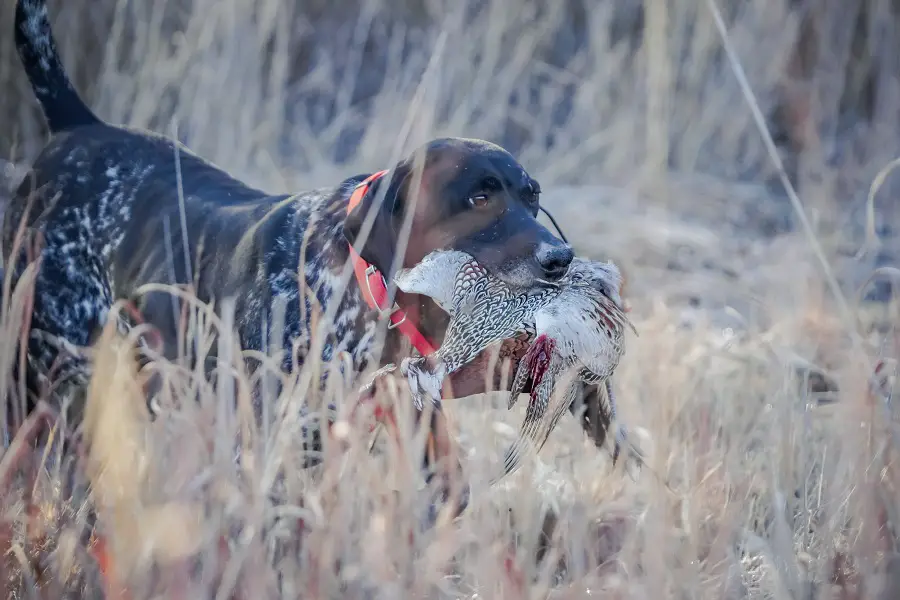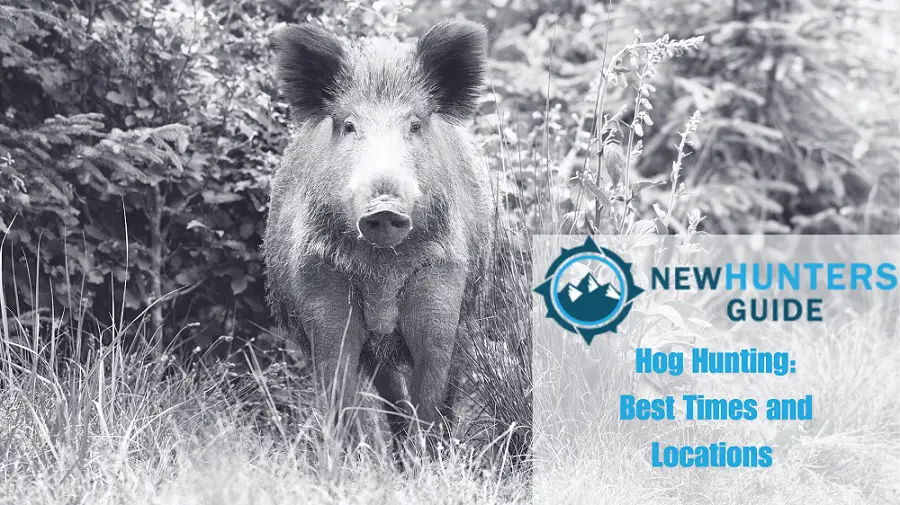Should you pay for a hunting guide, or should they be avoided like the plague? There are legitimate hunting guides and there are scammers, just as in any profession. And just like anything else, there are good and bad times to pay for services. On this episode I help you understand when it is a good idea to pay for a guide and how to get the most out of the experience.
Hunting guides and outfitters are not the same thing. An outfitter may be a hunting guide, or may supply a guide, but the outfitters’ role is much broader. They help furnish everything you need for a hunting trip from transportation to lodging, food, entertainment, gear, etc. A guide is someone who takes you into the woods, leveraging their expertise and scouting to help find you game.
Guides provide a valued service, and it’s an honorable profession. But you will always want to try and vet a potential guide before employing them. Look for reviews, contact past customers, search their name and credentials, do anything you can to verify their legitimacy, or at least check to see if serious complaints have been lodged against them.
There are two main times when getting a guide is a good use of resources.
The first is educational purposes. If you are trying to learn how to hunt something new, somewhere new, or someway new, then a guide may be the fastest way to get a crash course in how to do it right. Watch them, take mental notes, ask questions, analyze everything. Do all that you can to take in as much as possible. Your goal is to learn from a master how it is done under these circumstances.
The second big time is for unique experiences. If you have a once in a lifetime or once in a blue moon opportunity to go somewhere really fun or hunt something really unique, a guide can help you maximize the enjoyment of that opportunity. It’s not so much about learning because you aren’t planning to do it again, or often enough to be able to master it, you are just out to have fun. It is also not about taking a large set of antlers that you can show everyone you ever meet for the rest of your life and tell them how amazing of a hunter you are. You boasting about your accomplishments that are the fruit of a guide’s skills is a bit slimy, and not a great reason to get a guide.
Listen to the whole podcast episode to hear all the juicy details!


